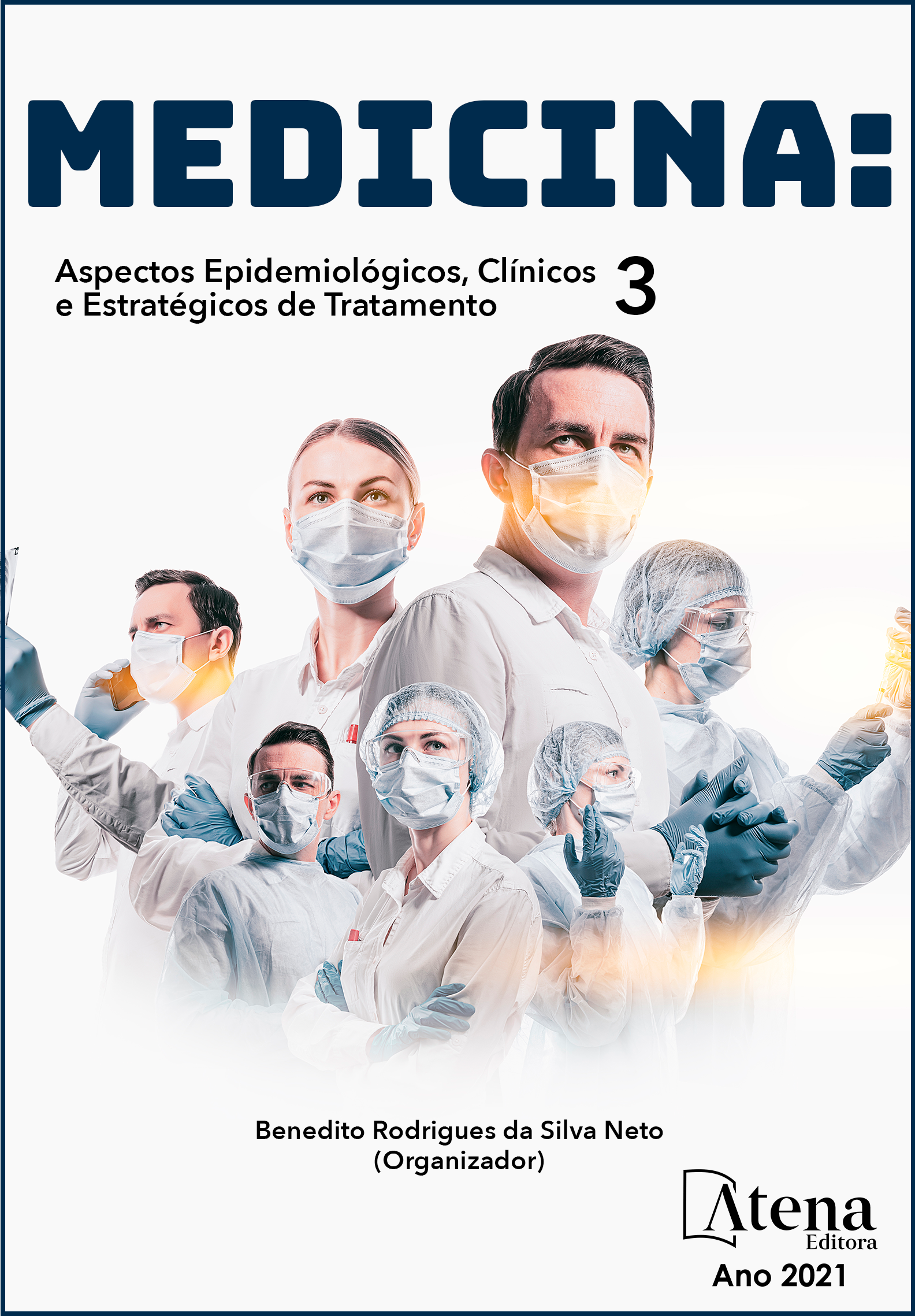
ANÁLISE DA PERCEPÇÃO DOS PARTICIPANTES QUE NÃO REALIZARAM COLONOSCOPIA SEGUNDO O PROTOCOLO DE RASTREAMENTO DO CÂNCER COLORRETAL (CCR). RELATO DE UMA CAMPANHA DE PREVENÇÃO REALIZADA POR ALUNOS DE MEDICINA DO MODELO PBL
INTRODUÇÃO: O conhecimento da carcinogênese do cólon e reto confere importância ao diagnóstico precoce. Além de ser de longa duração, não se acompanha por sintomatologia sugestiva de um comprometimento de tal gravidade. A colonoscopia tem sido apontada como método de escolha diagnóstica por sua versatilidade. Por meio da visualização direta da mucosa pode-se avaliar lesões, fazer sua exérese e biopsiá-las. METODOLOGIA: Por meio de um estudo transversal observacional em campanha de prevenção do câncer colorretal (CCR), foram selecionados 214 pessoas. Utilizou-se um questionário para caracterização psicossocial dos utentes, determinação dos conhecimentos e aceitação para realização da colonoscopia. Posteriormente, analisou-se aqueles que não realizaram o exame segundo o protocolo de rastreamento do CCR, sendo 172 (80%) utentes. PRINCIPAIS RESULTADOS: As dificuldades mais frequentes foram: o médico não solicitar a colonoscopia, paciente não ter conhecimento de que deveria ser solicitada e medo do procedimento e seu resultado. Dentre os 172 que nunca realizaram o exame, 61% afirmaram não ter sido solicitado, 16% não sabiam que deveria ser feito, 0,5% não foi solicitado pelo médico e não sabiam que deveria ser feito, 2% tinham medo e 19% não responderam. As outras variáveis como: sexo (86% mulheres e 14% homens), idade (25% < 50 anos e 75% > 50 anos), escolaridade (80% formação escolar e 20% formação acadêmica) renda (94% < 5 salários e 6% > 5 salários) e seguro saúde (66% SUS, 32% plano de saúde e 2% particular) mantiveram associação quanto às perguntas que referiam-se à vergonha, segurança durante o procedimento e a percepção de repetir o exame se necessário. CONCLUSÃO: Aumentar a adesão dos utentes a colonoscopia exige considerar mais informações sobre a real incidência do CCR, desmistificar a visão errônea sobre o procedimento e reforçar a positividade da detecção precoce do CCR com alta relevância sobre seu curso e prognóstico.
ANÁLISE DA PERCEPÇÃO DOS PARTICIPANTES QUE NÃO REALIZARAM COLONOSCOPIA SEGUNDO O PROTOCOLO DE RASTREAMENTO DO CÂNCER COLORRETAL (CCR). RELATO DE UMA CAMPANHA DE PREVENÇÃO REALIZADA POR ALUNOS DE MEDICINA DO MODELO PBL
-
DOI: 10.22533/at.ed.5892117054
-
Palavras-chave: Colonoscopia, Câncer, Rastreio
-
Keywords: Colonoscopy, Cancer, Screening.
-
Abstract:
INTRODUCTION: Knowledge of colon and rectum carcinogenesis gives importance to early diagnosis. In addition to being long-lasting, it is not accompanied by symptoms suggestive of an impairment of such severity. Colonoscopy has been identified as a method of diagnostic choice due to its versatility. Through direct visualization of the mucosa, lesions can be evaluated, excised and biopsied. METHODOLOGY: Through a cross-sectional observational study in a colorectal cancer prevention (RCC) campaign, 214 people were selected. A questionnaire was used for the psychosocial characterization of users, determination of knowledge and acceptance for colonoscopy. Subsequently, those who did not perform the exam were analyzed according to the CCR screening protocol, with 172 (80%) users. MAIN RESULTS: The most frequent difficulties were: the doctor did not request a colonoscopy, the patient was not aware of what should be requested and fear of the procedure and its result. Among 172 who never underwent the exam, 61% said they had not been asked, 16% did not know it should be done, 0.5% was not asked by the doctor and did not know it should be done, 2% were afraid and 19% They did not answer. The other variables such as: sex (86% women and 14% men), age (25% <50 years and 75%> 50 years), education (80% school education and 20% academic education) income (94% <5 wages and 6%> 5 wages) and health insurance (66% SUS, 32% health insurance and 2% private) maintained an association regarding questions that referred to shame, safety during the procedure and the perception of repeating the exam if necessary . CONCLUSION: Increasing users' adherence to colonoscopy requires considering more information about the real incidence of CCR, demystifying the misconception about the procedure and reinforcing the positivity of early detection of CCR with high relevance to its course and prognosis.
-
Número de páginas: 3
- Valentina Faccioli Pereira Coelho
- Laura Dias Pereira Muniz
- Cristiane Gugelmin Rosa
- Camilla Cunha Felten
- Vinicius Magalhães Rodrigues Silva
- Rafael Rodrigues de Melo


